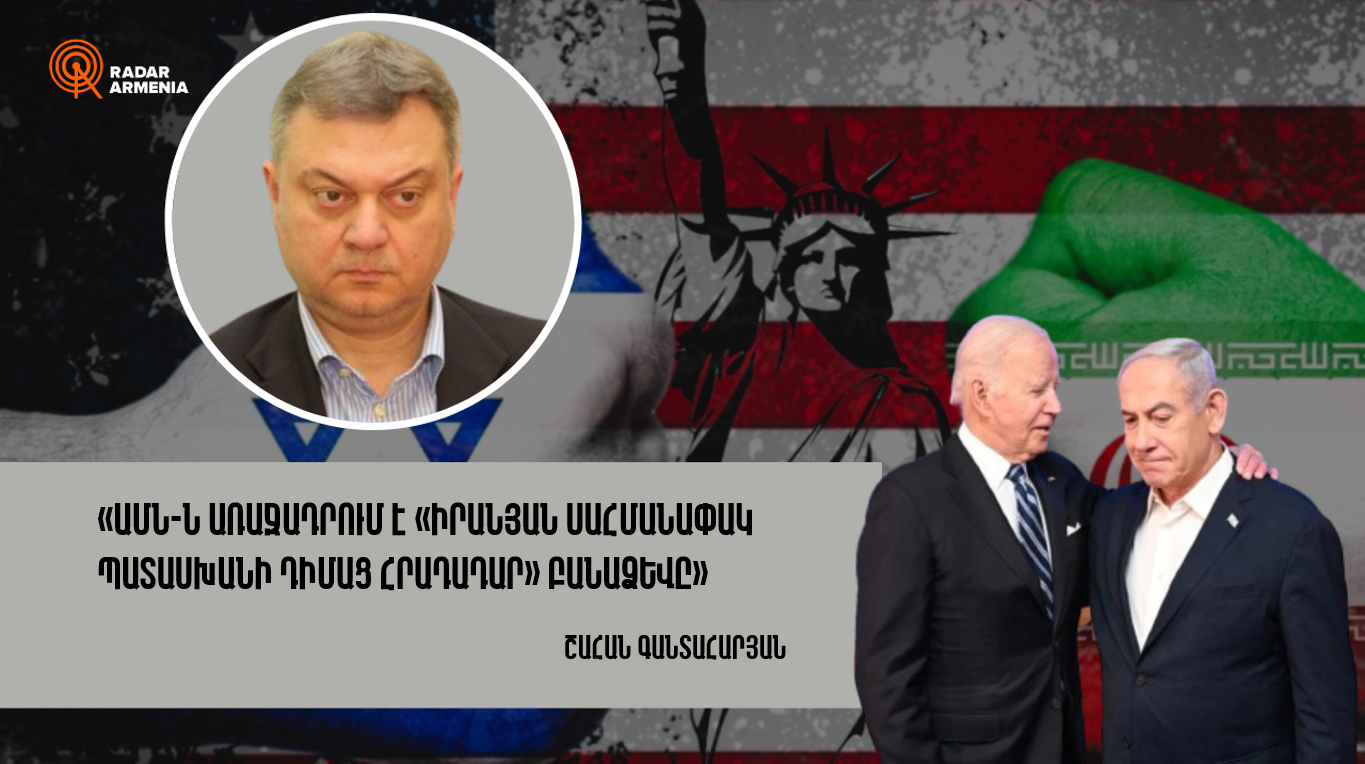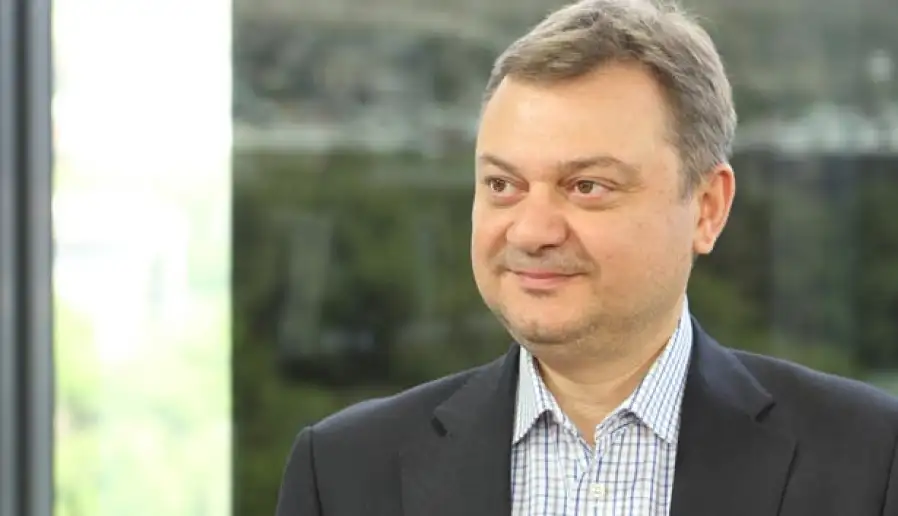Radar Armenia's interlocutor is Shahan Gantaharyan, an international scholar.
- Israel's military operations against Hezbollah and Hamas caused tension in Lebanon. What's the situation there? Is it likely that this tension will escalate into a regional war?
- In Lebanon, there is a pregnant, overstressed situation. Tehran and Hezbollah announced that they would respond, to which Tel-Aviv responded that if they responded, there would be a heavy blow. They are tendencies of the counter-attack-counter-attack chain process. International pressure is intensifying so that the Iranian counterattack is targeted and does not turn into a full-scale war. The problem is that the USA and Iran are the primary restraining factors in the form of proxies in the region. Hence, the military operations go multi-point and multi-target. Now Iran is in the position of the defendant, and in a certain sense, the future image of the scope of military operations depends on it. The USA proposes the "ceasefire in return for a limited Iranian response" resolution.
- It was continuously said that the Iranian side would attack Israel, but until this moment, Iran is restrained. What will the course of the situation be, and will the parties go on the path of full-scale war?
- Israel creates the danger of a large-scale war. Netanyahu is facing severe intra-societal problems. There are mass protests. They demand the resignation of the prime minister. He did not fulfill the tasks he announced. The Gaza war continues. Prisoners were not released, Israeli forces were not deployed in Gaza, and Hamas was not destroyed. Under the current conditions, the cease-fire will be overthrowing the Netanyahu regime. In this context, the actions carried out by Israel in the southern suburbs of Beirut and in Tehran itself should be considered.
- The Ukrainian Armed Forces carried out a large-scale attack on several regions of the Russian Federation; some areas of the Kursk region were captured. How do you interpret the successes of the Ukrainian side? Aren't there risks that the Russian side will resort to harsher measures to stop Ukraine's progress?
- There will be a Russian counterattack. Let's not forget that immediately before these actions, the parties were showing the mood to negotiate. Ukraine's military activation is the West's activation against Russia. In this case, the remote control is from Washington, which is joined by the satellite states of the USA. The tendency is to keep Russia involved in the war. Longevity is in the interests of anti-Russian forces.
However, there are nuanced differences between the USA's and the EU's positions on this particular issue. The US demands an explanation from Kyiv for the latest attacks, while the EU declares that Kyiv has the right to defend itself by striking Russia.
- Donald Trump and Kamala Harris will debate on ABC TV on September 10. What do you think will impact this debate on the election results?
- I think Harris will somewhat recover from Biden's loss in the previous debate. Before the discussion, the ratings have already changed slightly. The candidates are very close in terms of rating. Regardless of Ukraine, the Middle East, or other global hot spots, the most influential issues will be intra-American, from taxes to economic policy, gender equality, abortion rights, immigration laws, student loans, health insurance programs, and more. Even foreign policy will be perceived through the lens of possible financial impact on the US citizen. The debate can have immediate results and fluctuate the numbers at the top of the ratings. But it is not the only factor.
Hayk Magoyan


















